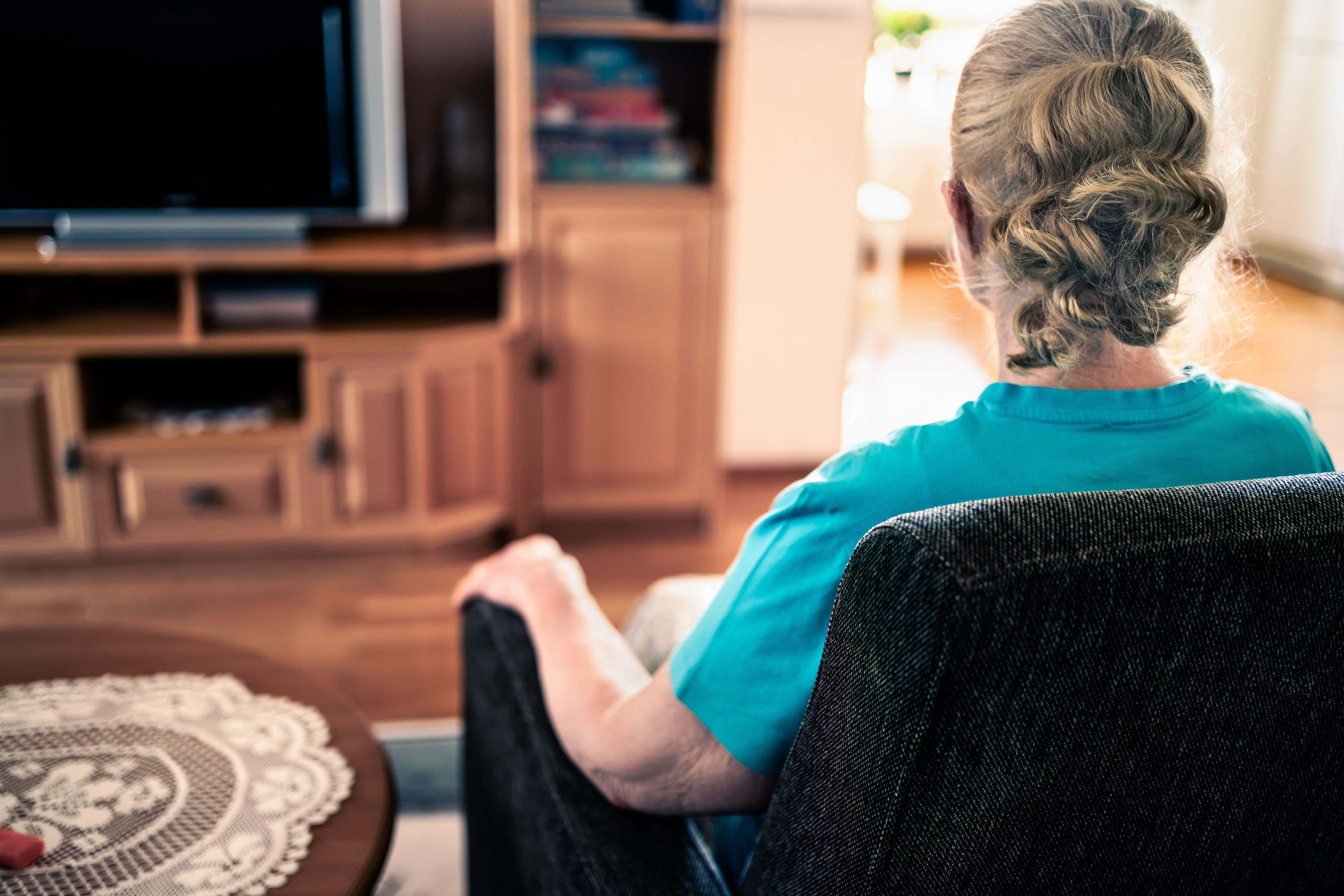Loneliness increases as we age, study suggests
The study found that people with higher persistent loneliness were disproportionately women, had a lower income and were less educated.

Your support helps us to tell the story
From reproductive rights to climate change to Big Tech, The Independent is on the ground when the story is developing. Whether it's investigating the financials of Elon Musk's pro-Trump PAC or producing our latest documentary, 'The A Word', which shines a light on the American women fighting for reproductive rights, we know how important it is to parse out the facts from the messaging.
At such a critical moment in US history, we need reporters on the ground. Your donation allows us to keep sending journalists to speak to both sides of the story.
The Independent is trusted by Americans across the entire political spectrum. And unlike many other quality news outlets, we choose not to lock Americans out of our reporting and analysis with paywalls. We believe quality journalism should be available to everyone, paid for by those who can afford it.
Your support makes all the difference.Adults tend to get more lonely as they age, new research suggests.
The study found that loneliness in adulthood follows a U-shaped pattern, being higher in younger and older adulthood, and lowest during middle-age when people are busy working, being married or raising children.
The findings indicate that young adults may feel more lonely as they try to navigate life changes, like starting new jobs or changes in their education, while older people may be lonely as they lose partners or start to suffer from health problems.
What was striking was how consistent the uptick in loneliness is in older adulthood
Several risk factors for increased loneliness throughout life were highlighted in the research, including social isolation, education level and physical disability.
The study found that people with higher persistent loneliness were disproportionately women, had lower income, were divorced or widowed, were smokers, or had poorer cognitive, physical or mental health.
Corresponding author Eileen Graham, associate professor of medical social sciences at Northwestern University Feinberg School of Medicine, USA, said: “What was striking was how consistent the uptick in loneliness is in older adulthood.
“There’s a wealth of evidence that loneliness is related to poorer health, so we wanted to better understand who is lonely and why people are becoming lonelier as they age out of midlife so we can hopefully start finding ways to mitigate it.”
Study co-author Tomiko Yoneda, assistant professor of psychology at University of California, Davis, said: “As people age and develop through young adulthood into midlife, they start to set down roots and become established, solidifying adult friend groups, social networks and life partners.
“We do have evidence that married people tend to be less lonely, so for older adults who are not married, finding ongoing points of meaningful social contact will likely help mitigate the risk of persistent loneliness.”
We do have evidence that married people tend to be less lonely, so for older adults who are not married, finding ongoing points of meaningful social contact will likely help mitigate the risk of persistent loneliness
Experts suggest that a lack of human connection can increase the risk for premature death.
Ms Graham said the findings highlight the need to address social disparities, like education level and lower income, throughout adulthood to hopefully reduce levels of loneliness, especially among older adults.
The research found the U-shaped pattern across nine studies conducted in places including the UK, Germany, Sweden, the Netherlands, Australia, Israel.
In relation to younger adulthood being a lonelier time, the researchers said the data starts at the end of adolescence, when young adults are often navigating several important life transitions such as education, careers and friend groups.
“Our study is unique because it harnessed the power of all these datasets to answer the same question – ‘How does loneliness change across the lifespan, and what factors contribute to becoming more or less lonely over time?’,” Ms Graham said.
All nine studies were conducted before the start of the Covid-19 pandemic, when many researchers found loneliness became even more pronounced.
Although the research did not look at why middle-aged adults are the least lonely, the experts suggest it could be because their lives often involve social interactions, such as being married, going to work and making friends with the parents of children’s friends.
But Ms Graham said: “You can have a lot of social interaction and still be lonely or, alternatively, be relatively isolated and not feel lonely.”
The findings are published in the journal Psychological Science.